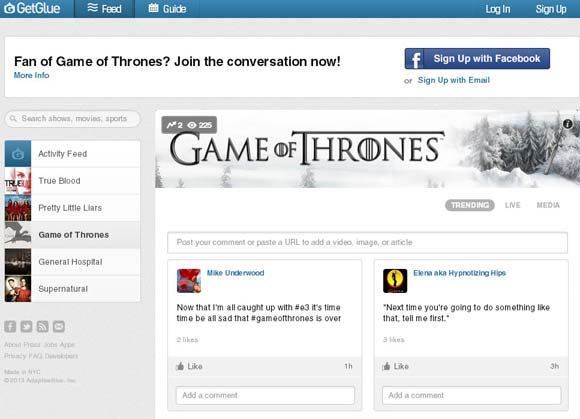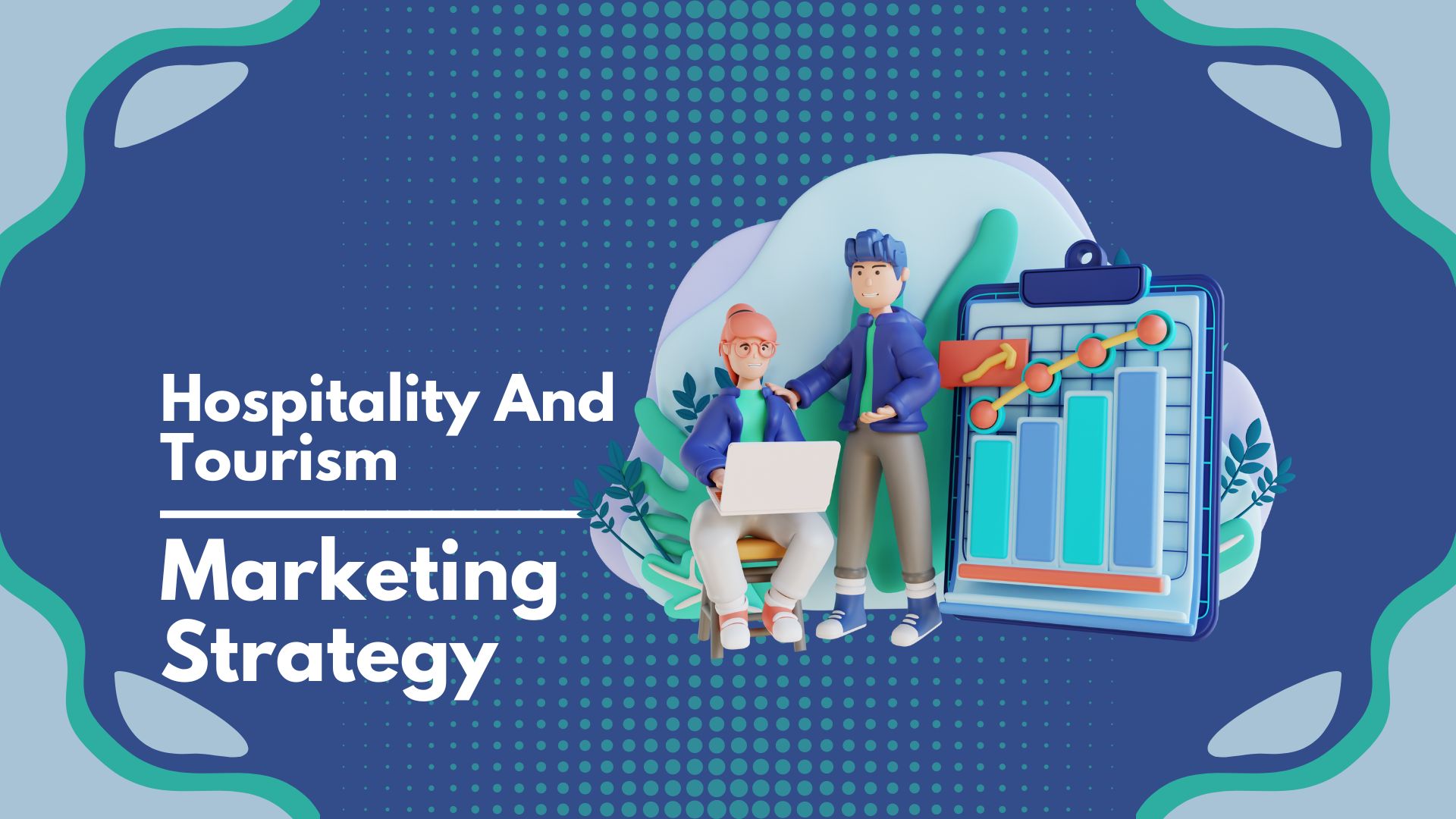10 Great Gamified Sites and Apps
Until recently not many folks had heard about business gamification. But that is beginning to change. As reported recently on Enterprise Apps Today, consulting firm Deloitte predicts enterprises will incorporate gamification into 25 percent of redesigned business processes by 2015.
Business gamification — or the use of gaming elements to drive, measure, and reward behaviors by customers or employees — is becoming a strategy for a growing number of companies. SAP, for example, is using gamification to increase involvement among users of its SAP Community Network site.
“Games have been played for millennia because they're fun and people enjoy them,” said Kris Duggan, coauthor along with Kate Shoup of Business Gamification for Dummies. “Today, that love of games is being leveraged by smart businesses to boost customer loyalty, employee performance, sales growth and more.”
Like video games, business gamification uses elements like points, achievements, levels, leaderboards, missions and contests to drive desired behaviors. As Duggan explained, such elements can encourage consumers to promote a brand or share troubleshooting solutions with fellow consumers. Or gamification may increase employee satisfaction with training.
“Like anyone else, your customers and employees crave attention, recognition, approval and rewards,” he said. “With gamification you feed this craving, and in the process convert customers into loyal fans and employees into highly effective collaborators and advocates.”
Duggan offered 10 examples of websites and apps that feature smart uses of gamification:
eBay. eBay has long used a points system that enables users to show their status on the site. The success of this system, which also issues badges to the “best” sellers, demonstrates the importance of reputation as a reward to both buyers and sellers. “As you probably know if you're an eBay user yourself, these are key game mechanics,” said Duggan, who predicts eBay will add more game aspects to its site to make it even more engaging.
Foursquare. The free mobile app that enables users to “check in” at various places, and share their experiences with others, rewards them with points and badges for doing so. Users might get special deals, such as a discount off the bill at a restaurant or a freebie for bringing friends, for example.
“You can use Foursquare to get recommendations for what to do next. And if you check in at a given place enough times, you may become its ‘mayor' — which can bring with it its own set of privileges, such as a special parking place,” Duggan said.
GetGlue. GetGlue is a little like Foursquare. Rather than checking in at favorite restaurants and shops, though, GetGlue users check in while watching shows, listening to music, reading books or engaging in other entertainment-related activities. For their participation, users receive relevant recommendations, exclusive stickers (similar to badges), discounts and other rewards.

Mint. Mint.com uses subtle gamification — primarily in the form of progress bars and fun feedback — to help its members get a handle on their personal finances. Members can also post details about their financial goals to increase their chances that those goals will be met.
Duggan called it “a great example of a less overt form of gamification,” noting, “There are no badges or prizes, but the game mechanics in place are effective nonetheless.”
MuchMusic.com. This Canadian equivalent of MTV, gamified its site with a program called MuchCloser. Members of MuchCloser gain points for performing activities such as watching videos, reading blogs, leaving comments and sharing content. As points increase, users unlock rewards and trophies and become eligible for prizes and giveaways. “The most active users are flagged as key members of the MuchMusic community,” Duggan said.
Nike+. This fitness-oriented service enables users to log physical activity using a mobile app or other Nike gear. It rewards users with NikeFuel, the word Nike uses to describe points. Users also can share accomplishments with friends and with other Nike+ members. As they earn more NikeFuel, users unlock awards, trophies and surprises.
Recyclebank. Recyclebank gives members points for engaging in “everyday green actions” such as using less water, recycling, making greener purchases, using energy more efficiently or walking to work instead of driving. For even more points, members can take online quizzes about ecology and share information from the site with friends on Facebook, Twitter and mobile applications.
Users can redeem points at participating local and national retailers for rewards such as gifts and flowers, books and magazines, or health and beauty items, Duggan noted.
Samsung Nation. Samsung’s social loyalty program uses gamification to recognize and empower the company’s most passionate fans. Users earn points, level up, unlock badges and gain entry into contests and promotions by performing behaviors such as watching videos, commenting on articles, reviewing products and participating in user-generated Q&As. Top users appear on a leaderboard, and an activity stream keeps users up to date on site activities.
sneakpeeq. Retail site sneakpeeq offers discounted products including gourmet foods, accessories, apparel and more. “The more you buy, share, love (similar to liking) an item, and peeq (viewing an item's price), the more badges and rewards you unlock, and the more incentives and surprises you receive,” Duggan said. “Leaderboards make the experience more social and competitive, kind of like throwing an elbow at a sample sale.”
Xbox Live. Similar to Shakespeare's “play within a play,” Microsoft's game platform Xbox utilizes a “game within a game” concept. That is, it uses elements of gamification within its games.
“Specifically, users can earn achievement points, referred to as gamerscore, by performing specific tasks or actions in a game,” Duggan said. “This gamerscore is separate from the player's score in the game itself and is a way of conveying the player's reputation across the platform, including its social spaces.”

Pedro Hernandez contributes to Enterprise Apps Today, and 11Press, the technology network. He was previously the managing editor of Internet.com, an IT-related website network. He has expertise in Smart Tech, CRM, and Mobile Tech, Helping Banks and Fintechs, Telcos and Automotive OEMs, and Healthcare and Identity Service Providers to Protect Mobile Apps.
